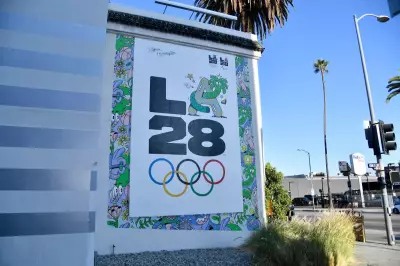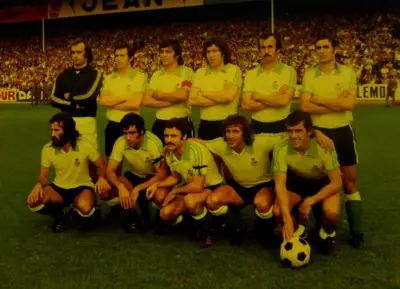
In a move that signals a dramatic new era for sports broadcasting, South African rugby is set to vanish from traditional terrestrial television. The national governing body, SA Rugby, has confirmed a groundbreaking, multi-year exclusive deal with streaming giant Amazon Prime Video.
The agreement, commencing in 2024, will see all of the Springboks' home internationals—including the highly anticipated matches against the British & Irish Lions in 2025 and the New Zealand All Blacks—streamed live behind a paywall. This ends a long-standing tradition of free-to-air coverage for the national team.
A New Home for the Boks
The decision is driven by a need for financial sustainability. SA Rugby President Mark Alexander emphasised that the significant revenue from the deal is "crucial for the future financial sustainability of rugby in South Africa", enabling investment across all levels of the game, from the grassroots to the professional tier.
While specific figures remain confidential, the deal is understood to be vastly more lucrative than previous arrangements with SuperSport, which held the rights for the last three decades. Matches will be produced and broadcast from Cape Town and Johannesburg.
Fan Access and The Digital Divide
The shift has ignited a fierce debate about fan access. Critics argue that placing the national team behind a subscription service excludes a large portion of the South African public, particularly those in rural areas with limited or expensive internet connectivity.
In response to these concerns, SA Rugby has stated it is in advanced discussions with a free-to-air broadcaster to secure a delayed highlights package. However, for many, this will be a poor substitute for the immediacy of live test match action.
This landmark deal positions Amazon Prime Video as a major player in global rugby broadcasting, following its acquisition of the Autumn Nations Series in the northern hemisphere. It marks a definitive step towards the future of sports consumption, albeit one that leaves questions about affordability and inclusivity unanswered.





